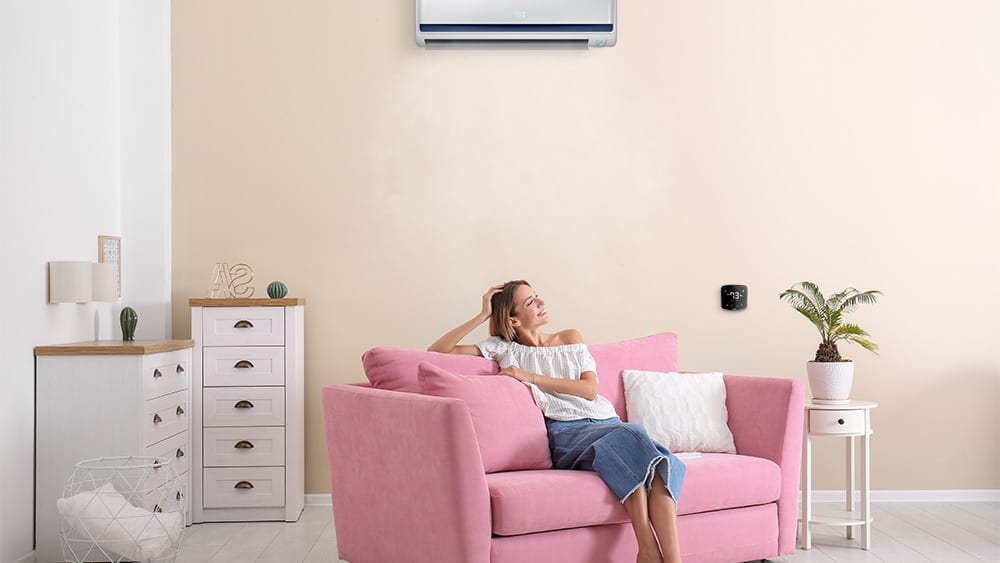
Key Takeaways
- When buying a new air conditioner, consider factors like climate, budget, and size.
- Look for units with high efficiency ratings, which indicate better energy performance.
- Proper installation and regular maintenance are crucial to ensuring optimal AC function.
Scorching heat in summers and freezing cold temperatures in winters have made air conditioning units a staple in most homes. Resultantly, approximately 87% of homes in the US use air conditioning.
Suppose you’re interested in upgrading your existing unit or are considering installing an additional AC in your home; it is highly recommended that you do your homework before making the final decision.
Buying an air conditioner can be a huge expense, so you should ask some critical questions to ensure you’re choosing the best option available. Which type of AC unit is best suited for your room size? Do you need smart heating and cooling? What is the best time to buy an air conditioner? How to select an HVAC contractor?
- 1. Type of Air Conditioner
- 2. What Is the Right AC Size for Your Home?
- 3. What Is Your Budget?
- 4. Smart Heating/Cooling
- 5. The Location of Your Home
- 6. The Structure of Your Room
- 7. Best Time to Buy an Air Conditioner
- 8. EER/SEER Rating System
- 9. Installation of Your Air Conditioner
- 10. AC Modes/Features
- 11. An Energy-Efficient Inverter Technology
- 12. Condenser Coils
- 13. Pay Attention to Noise
- 14. Selecting an HVAC Contractor
- 15. Your Home Insulation
- 16. Regular Maintenance
- 17. Check the Warranty
There are several things, including size, location, efficiency, and more, which you should take into account before going to buy an AC. Let’s dig deep and take a look at all the important things you should know when buying the best AC for your room.
1. Type of Air Conditioner
There are various types of air conditioning units – choosing the right one that will fit all your needs is of utmost importance. The following types of room air conditioners would be best suited as an addition to an individual room.
Window Air Conditioners
These are the most common type of air conditioners. If you have a small space with a suitable window, opt for window ACs. They come in different sizes and are suitable for smaller spaces. They are less costly, easy to maintain and install. Opt for a window heat pump for a year-round solution to your heating and cooling.
Portable Air Conditioners
They are free-standing floor systems that come with wheels; you can easily move them around. In addition to cooling a room, they also exhaust the hot air through a funnel. For this reason, most portable ACs or heat pumps need to be placed near a window for the hot air to be released outside.
They are a good option for one room but not convenient for larger rooms or multiple rooms.
Your best choice to make any mini-split, window,
or portable AC smart. Enhance your comfort and savings.
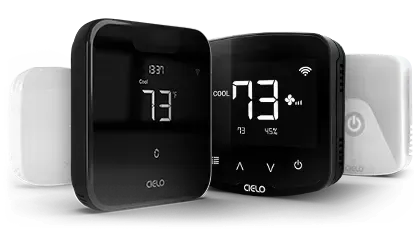
Ductless Mini-Splits
If you want to cool one or two rooms with an energy-efficient system, a ductless mini-split is for you. They are installed on a wall and thus are also known as wall air conditioners. The mini-split package consists of a separate indoor and outdoor unit, which are easily connected through a small opening in your wall.
There are multiple options available, including wall-mounted, floor-mounted, single-zone, and multi-zone mini-split units.
2. What Is the Right AC Size for Your Home?
An HVAC unit too big for your room will cool/heat in minutes but won’t be able to remove the excess moisture from the air.
A smaller unit will struggle to do its job, which affects its functioning in the longer run.
You need to make sure to buy a unit that is the perfect size for your room as it not only provides comfort but also saves you money. You can avoid unnecessary repairs and high electricity bills by selecting the right size.
Your air conditioner sizing is affected by many factors, including humidity level, room size, the location of your room, wall insulation, types & number of windows, and the number of people occupying the room. So, make sure to take into account all the factors to avoid any issues afterward.
3. What Is Your Budget?
When considering buying a new AC, you should set aside a budget. When making a budget, don’t only consider the initial cost but also the cost for installation, operation, and maintenance.
- If you need a larger-sized unit for a large room, it will cost more but will efficiently cool your space.
- An air conditioner with more features will have a higher price. If you opt for a smart air conditioner, the initial price will be higher, but it will pay off with savings and added comfort. Similarly, Energy-Star certified ACs will be costly but will result in more savings on your energy bills.
- Write down both the costs and benefits of your choice of AC unit. If the benefits are not worth the money, consider investing in a better AC model.
- Portable and window air conditioners are considerably cheaper than other options, but their cooling power may also be lower. Though, the wall ACs will have a higher installation cost than window-mounted. Mini-splits are cost-effective if you have to heat or cool larger rooms.
- While portable and window ACs hardly have any installation costs, some mini-split variations can be expensive to install. You can also look into DIY AC models to eliminate AC installation costs.
4. Smart Heating/Cooling

Constantly having to change the temperature can be quite annoying and also mess up your bills. Why don’t you consider investing in smart technology to solve these issues?
You can invest in a smart air conditioner that provides automation, or you can buy a regular AC and make it smart using a separate smart device. Just keep in mind that smart devices offer additional features that you may not get with all smart ACs.
A smart thermostat or a smart AC controller that works with a mini-split air conditioner, window AC and portable heat pump can make your life a lot easier. They go beyond the temperature and humidity regulation. If you forget to turn off AC, no worries, geofencing mode will take care of it. You can also control your AC remotely using your phone.
Moreover, you get notifications about system maintenance like air filter status and even reports about your energy usage.
5. The Location of Your Home
Is your home constantly under the gaze of the hot sun, or do you live in an area surrounded by trees that give a cooling effect? Do you live in a dry environment or a coastal area with high humidity?
Depending on the climate of your area, you might need additional AC features; dry mode, for instance, will be required if you live in a humid area, or Freeze Protection Mode for your vacation rental located in an extreme climate area can be very beneficial.
Related: Alaskan Air Conditioning – Do You Really Need an Air Conditioner in This Frosty Region?
6. The Structure of Your Room
Do you wish to place an air conditioner in an attic that has slanted walls? Is your window centered on the wall? The structure of your room indicates where a room air conditioner will be placed and what type of AC will be best suited for the place.
Wall-mounted mini-splits go high up on a straight wall, while floor-mounted mini-splits are preferred if you have slanted walls. Window air conditioners, of course, require a suitable window and may not fit in casement or irregular-sized windows. You must measure the height and width of your window to select an AC that will fit. Portable air conditioners are best if other options are unsuitable for your space. While they are easily portable and can fit almost anywhere, their cooling capacity may also be limited.
7. Best Time to Buy an Air Conditioner
Buying an air conditioner during the peak season is never a good idea. When the weather starts to get warmer, air conditioner sales boom; similarly, when the temperature falls, prices for reversible heat pumps also get high due to an increase in demand.
The best time to buy an air conditioner is during the off-season months that fall in spring and autumn. In spring, it is cool, and many people would not think of turning on the air conditioner. During the autumn months, it is not cold enough that people would require heat pumps full time. So, a drop in demand will help you strike a good deal during these two seasons.
8. EER/SEER Rating System
These are rating systems that determine the efficiency of an HVAC unit. The efficiency of your air conditioner is directly related to the electricity cost and the level of comfort.
There are two types of energy efficiency ratings: EER and SEER.
EER is the energy efficiency ratio of cooling energy to the amount of electricity required to power the unit. SEER, on the other hand, is the Seasonal Energy Efficiency Ratio. It is also the ratio of cooling power to electricity input energy, but the difference is that it only considers seasonal usage rather than year-round usage. According to Federal law, the new models should have a SEER of at least 13.
It is essential to take into account these ratings because air conditioning units with higher EER and SEER ratios consume less power, provide better cooling, and are more eco-friendly. These may be more costly initially but result in greater energy savings.
9. Installation of Your Air Conditioner

Improper installation can cost you a 30% increase in electric bills. Your air conditioning unit needs to be well-fitted for proper functioning.
In the case of window air conditioners, make sure the unit is leveled so as not to face any drainage issues. Cover any gaps and crevices around your unit, as air leakage can affect energy consumption.
In the case of mini-splits, when installing the indoor unit, keep in mind that airflow can get restricted by things like furniture. The outdoor unit should be placed in an area that does not get harsh sunlight and make sure it is properly covered for protection against rain, sun, and heavy winds.
Each type of air conditioner has a specific installation requirement that should never be ignored. You can consult an HVAC expert to get a better idea of your AC requirements.
Make sure you hire an expert trained in installing air conditioners to avoid any major problems afterward.
10. AC Modes/Features
Some air conditioner modes such as vane control, temperature change, fan speed, and other basic modes are a part of every air conditioning unit. However, there are certain special AC modes that you can consider looking for, depending on your needs:
- Heat Mode: Some air conditioners can also provide heat. Opt for a reversible air conditioner or heat pump if you require your unit to cool in the summer and heat during winter.
- Dry Mode: If you live in a humid environment, you should consider buying an air conditioner that comes with this mode. Dry mode removes the excess moisture, reducing the clammy feeling in summers.
- Freeze Protection Mode (FP): In this mode, your AC will run on heat mode to blow warm air into a room. This feature is helpful for homes in extremely cold climates. FP prevents pipes from freezing and bursting. If you go on vacations during winters, consider investing in an AC that supports this mode.
- Energy Saving Mode (Eco Mode): It is a feature that helps you save on bills without compromising on your comfort. This feature causes the fan to cycle on and off with the compressor instead of continuously running. This mode reduces the power your air conditioner consumes.
- Self-Clean Mode: This mode prevents the growth of harmful germs by removing moisture inside your unit. By using this mode, you ensure that the air you breathe in is free from pollutants.
- Follow Me Mode: If you hate waiting for an air conditioner to cool/heat the entire room to feel comfortable, this mode is the one you should be looking for. The follow-me AC mode directs the airflow towards you, making you feel comfortable in no time. In some ACs, it allows your remote to act as a thermostat.
11. An Energy-Efficient Inverter Technology
For better cooling/heating and higher efficiency, inverter technology is worth looking for when buying an HVAC unit.
In inverter technology, the compressor does not turn on/off frequently; it just changes the speed to meet the heating/cooling needs. It is a little pricey but consumes 50% less energy than non-inverter air conditioners. This can drastically reduce your electricity costs, saving you money in the long run.
12. Condenser Coils

With much of your focus on your air conditioner’s indoor unit, you are likely to forget that the condenser part or outdoor unit is equally important.
There are two types of condensers coils:
- Aluminum condenser coils
- Copper coils
Aluminum coils do not require high maintenance, but their repair is complicated compared to copper coils if they are damaged or broken. It is best to go for copper condensers to ensure high functionality.
13. Pay Attention to Noise
Paying attention to the AC noise is crucial as it can affect your comfort level. Ideally, the noise range should be under 50 decibels. High AC noises can ruin your sleep and comfortable daytime environment.
14. Selecting an HVAC Contractor
For choosing an HVAC contractor, you have to do some research. Google the local contractors in your area, read reviews, and check those with a good track record. Be wary of contractors whose websites are loaded with 5-star ratings; fake reviews are a real thing.
The job is not done after you have found a contractor. There are a bunch of things that need to be checked before you proceed to buy an air conditioner:
- Always check if the contractor is licensed or not. They should be licensed by the Contractors State License Board. Many claim to be, but actually, they are not, so don’t forget to cross-check.
- If the contractor tries to give you an estimate over the phone, don’t hire that contractor. A professional contractor would never do that; they would always survey your house first.
- Always take the bid in a written form. A verbal bid is a red flag and should be avoided.
15. Your Home Insulation
While home insulation does not directly affect the type of AC you buy, it does influence your cooling! Before purchasing an AC unit, you should check whether your home is properly insulated or not. Gaps under the doors and windows can cause the infiltration of cold/hot air into your home. In this scenario, your AC will have to work harder, which can negatively impact your bills.
It would be best to insulate your doors, windows, ceilings, and floors to keep heat from moving in during the summer and keep heat from moving out during the winter.
The more insulation you provide, the better your air conditioner will function.
16. Regular Maintenance
When buying a new air conditioner, you must commit to its regular maintenance. It will ensure the optimum functionality of your AC and will also help in extending its lifespan.
When selecting an air conditioner, you should speak to your contractor about the maintenance plan. Most professional home service companies have deals on yearly HVAC maintenance.
17. Check the Warranty
Air conditioner’s warranty varies from brand to brand. Always make sure to check the warranty period and what it covers. Some warranties cover most problems of the AC unit, while others only cover specific parts. Some models even offer a lifetime warranty on the compressor – the most expensive part of your AC, so do take that into consideration.
Buying an air conditioner is a big decision as it impacts the overall temperature & the resulting comfort of your home. The best air conditioner for you depends on your budget, the size of your room, and the additional features you require as per your convenience. All the points discussed in this air conditioner buying guide can help you make an informed decision about buying air conditioners in 2021.
Once you know what kind of AC you need for your space, you’re ready to go shopping!
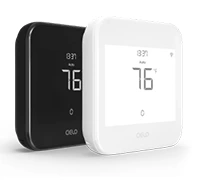
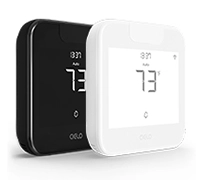
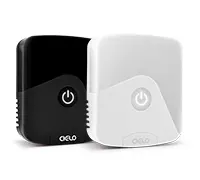
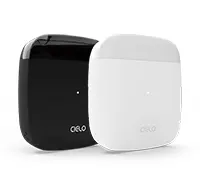
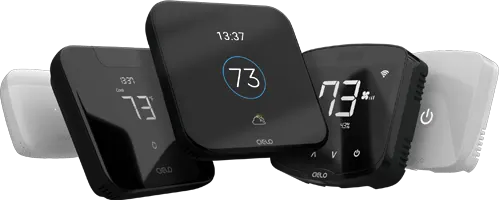
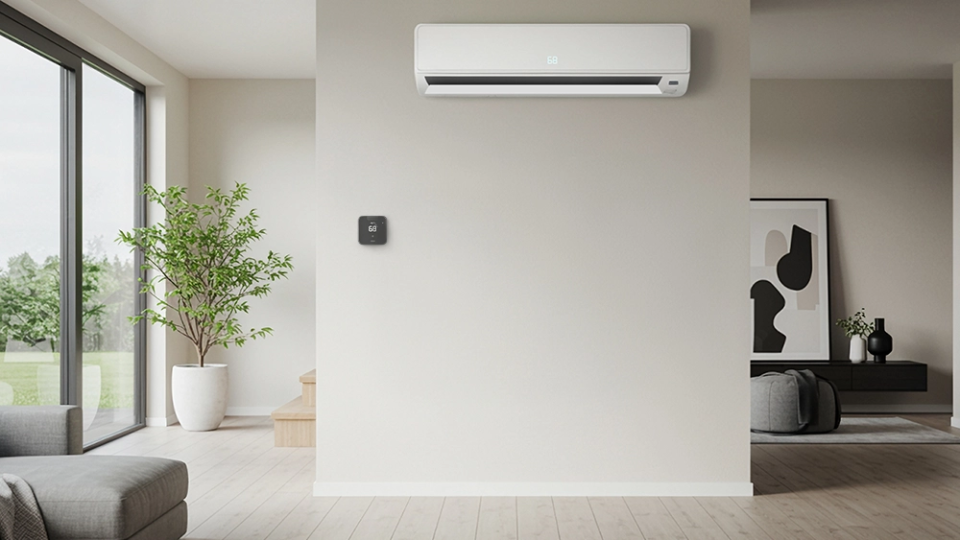

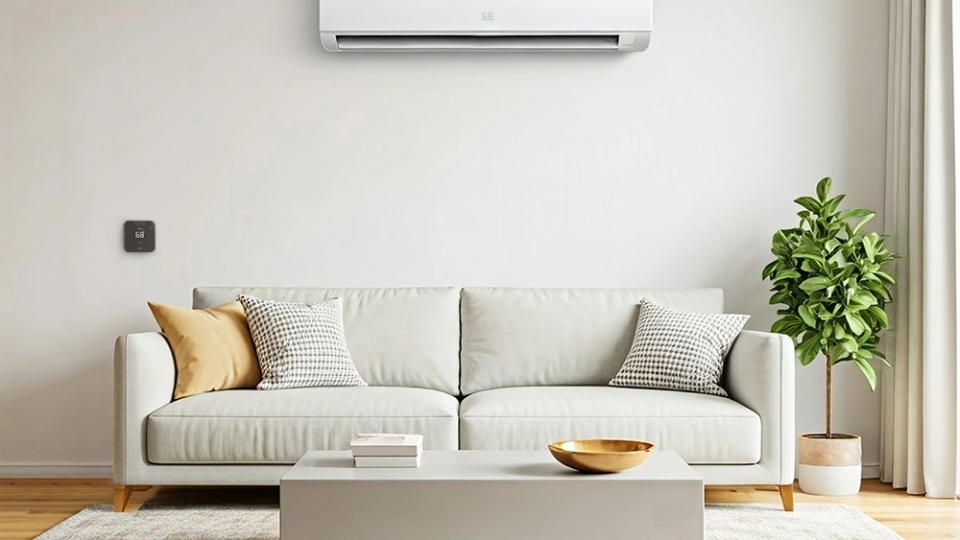
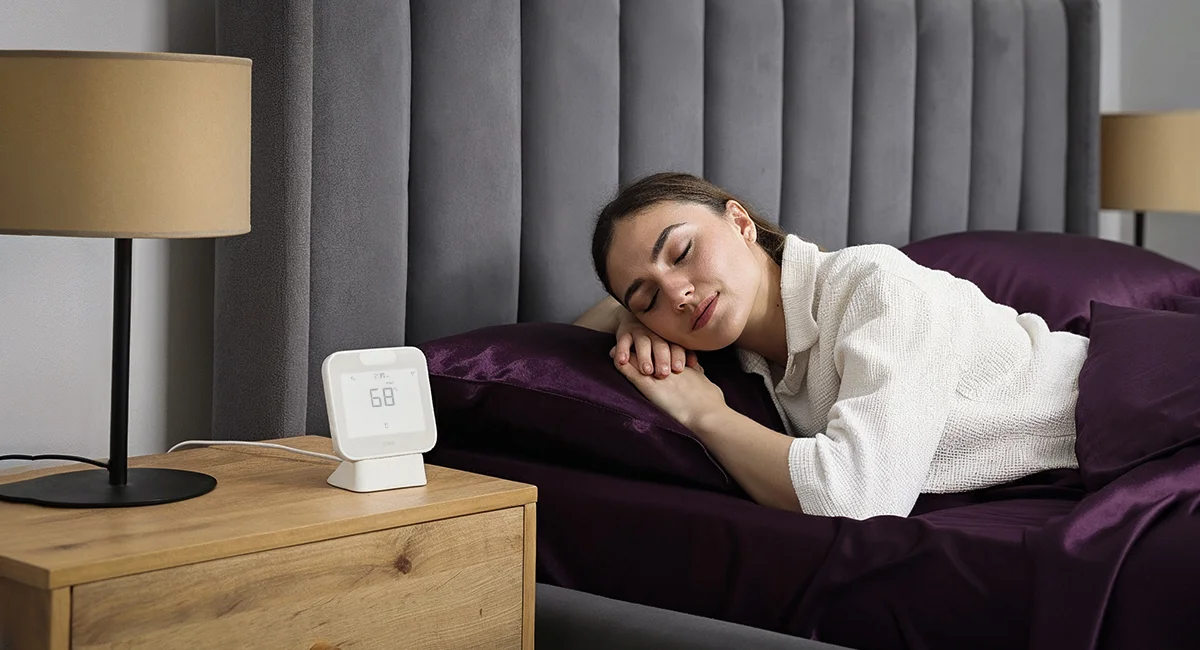
1 Comment. Leave new
It is a good idea to pick a licensed contractor when purchasing a new air conditioner. Someone recently told me that this summer is supposed to be really hot in my area. Getting a new air conditioning unit would probably be a good way for me to keep my family comfortable.